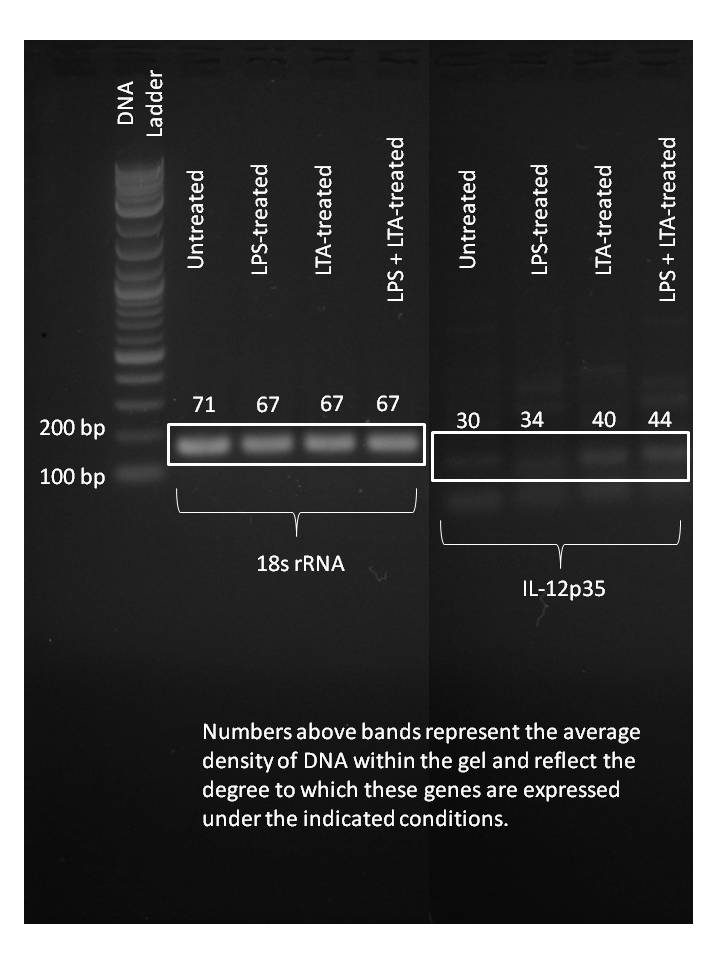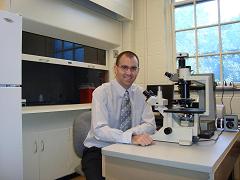Imagine the immune system as an orchestra – just as an orchestra is full of many different musicians and instruments that work together to produce harmony in the form of music, so too does our immune system consist of many different cell types that function together to produce harmony in the form of good health. And just as an orchestra may be lost without its conductor, the immune system would be lost without its own conductor, the dendritic cell! Dendritic cells not only provide immediate protection against invading bacteria, viruses, and other pathogens, as well as developing tumors, but they also conduct their orchestra – they tell the other cells of the immune system “what to do.” The ability of dendritic cells to control the overall immune response depends on their stage of maturation, and an intense area of current research aims to understand the factors that drive dendritc cell maturation as well as to identify mechanisms by which certain pathogens and tumors interfere with dendritic cell maturation in order to escape immune destruction and cause disease. Immunology students at H-SC, under the supervision of Dr. Kristian Hargadon, are currently developing model systems to study dendritic cell maturation. Using dendritic cell lines and dendritic cells isolated from the spleens of mice, these students are conducting semester-long projects to evaluate gene and protein expression in dendritic cells exposed to various maturation stimuli. Below is an agarose gel from a reverse transcription polymerase chain reaction experiment conducted by Dr. Hargadon and Chad Harte, a senior biology-chemistry double major at H-SC. Using spot densitometry analysis of DNA fragments in the gel to gain preliminary evidence for gene expression levels, one can see that exposing JAWSII dendritic cells to the Toll-like receptor ligands LPS and LTA upregulates expression of the gene for IL-12p35, a molecule that is critical for subsequent activation of T cell-mediated immunity. Note that expression of a gene that does not contribute to immune function, 18s rRNA, is not upregulated with these treatments. Throughout the semester, Chad as well as the 15 students enrolled in Biology 401 – Immunology will be evaluating the expression of many other immunologically relevant genes. This work will serve as a basis for subsequent studies to assess the influence of tumor cells on dendritic cell maturation, a major area of Professor Hargadon’s ongoing research interests.
Biology Department
individually tailored preparation for graduate and professional work


